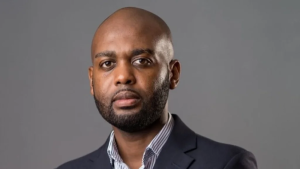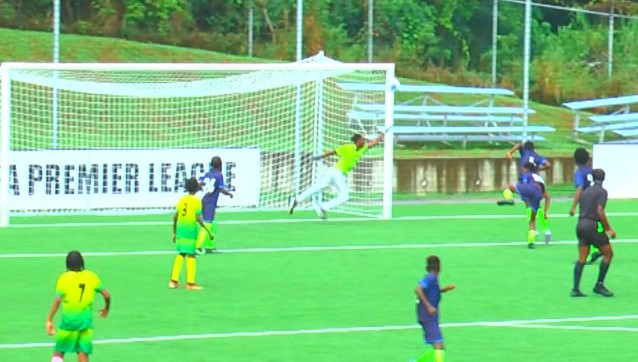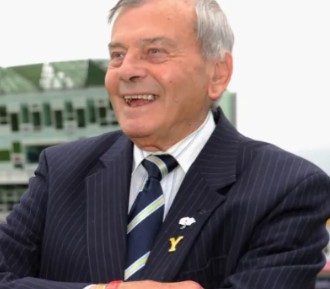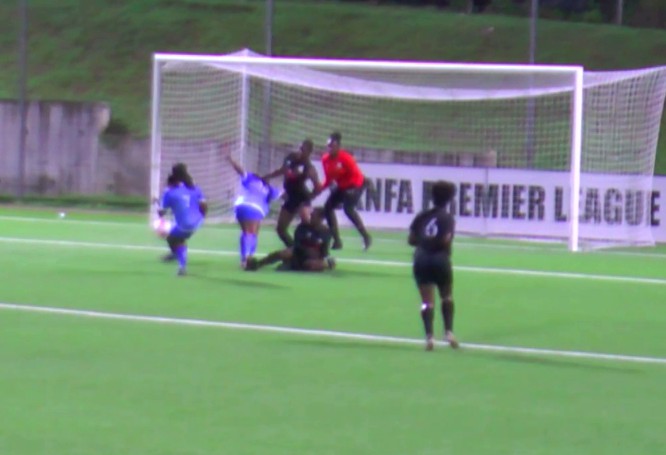Cricket West Indies to Proceed with Shallow’s Presidency Despite Objections from Barbados and Guyana.
The Cricket West Indies (CWI) is poised to address critical governance reforms in a special meeting scheduled for next month, with CWI President Dr. Kishore Shallow urging the Barbados Cricket Association (BCA) and the Guyana Cricket Board (GCB) to participate actively in the discussions. Despite the absence of these two territorial boards at a previous meeting in December, which prevented a quorum and led to its adjournment, Dr. Shallow has affirmed that the CWI will move forward with the reform process regardless of their presence this time. The upcoming meeting will provide a crucial platform for all stakeholders to voice their perspectives and contribute to shaping the future of West Indies cricket. Dr. Shallow emphasized his commitment to an inclusive approach, ensuring that all voices are heard and considered in this pivotal process.
The primary agenda item for the special meeting is the implementation of the recommendations outlined in the Wehby Report, a comprehensive review of the CWI’s governance structure. This report, which has been the subject of discussions and consultations with shareholders and stakeholders for over two years, proposes significant changes aimed at enhancing the effectiveness and transparency of the organization’s operations. Dr. Shallow stresses the importance of this meeting as another opportunity for the BCA and GCB to present their concerns and engage in constructive dialogue with other stakeholders, fostering a collective understanding and facilitating progress towards enacting these vital reforms. He has directly appealed to both boards, publicly urging their attendance and active engagement in the discussions, highlighting the importance of their input in shaping the future of West Indies cricket.
At the heart of the disagreement between the CWI and the BCA lies the proposed rotational presidency policy, a concept that Dr. Shallow vehemently opposes, dismissing it as “nonsensical.” The BCA argues that such a policy would mitigate the political maneuvering that often accompanies the CWI presidential elections. However, Dr. Shallow contends that the proposal lacks practical application and would, in fact, exacerbate political tensions rather than alleviate them. He points to the internal elections within the BCA itself, where the incumbent president faced challenges from his vice-president and secretary, as evidence that political dynamics exist even within territorial boards, and a rotational policy wouldn’t eliminate them at the CWI level.
The primary argument against the rotational presidency revolves around its perceived impracticality. Dr. Shallow questions how the selection process would function under such a system. Would the president of each territorial board automatically ascend to the CWI presidency? Or would territorial boards nominate a candidate from within their ranks? Either scenario, he argues, would still involve political maneuvering and potentially create even more intense competition. The lack of a clear and well-defined mechanism for implementing a rotational system renders the proposal ineffective and potentially counterproductive to the goal of reducing political influence.
Further solidifying his stance against the rotational policy, Dr. Shallow argues that it has not been adequately discussed or vetted. He points out that the proposal was rejected both at the CWI Governance Committee level and at the broader CWI level. This lack of support within the organization underscores the perceived flaws in the proposal and the absence of a consensus on its merits. He reiterates that the upcoming meeting provides the perfect platform for the BCA and GCB to articulate their case, providing a structured forum for them to present their arguments and engage in a constructive dialogue with other stakeholders.
Dr. Shallow remains committed to an inclusive approach to governance reform, emphasizing that every stakeholder will have the opportunity to express their opinions and contribute to the decision-making process. He underscores the importance of open communication and collaborative engagement in shaping the future of West Indies cricket. He recognizes that the BCA and GCB have legitimate concerns and encourages them to participate in the upcoming meeting, presenting their arguments and working collaboratively with other stakeholders to achieve meaningful and sustainable governance reforms. The ultimate aim, he reiterates, is to strengthen West Indies cricket and ensure its long-term success.
Share this content:












Post Comment